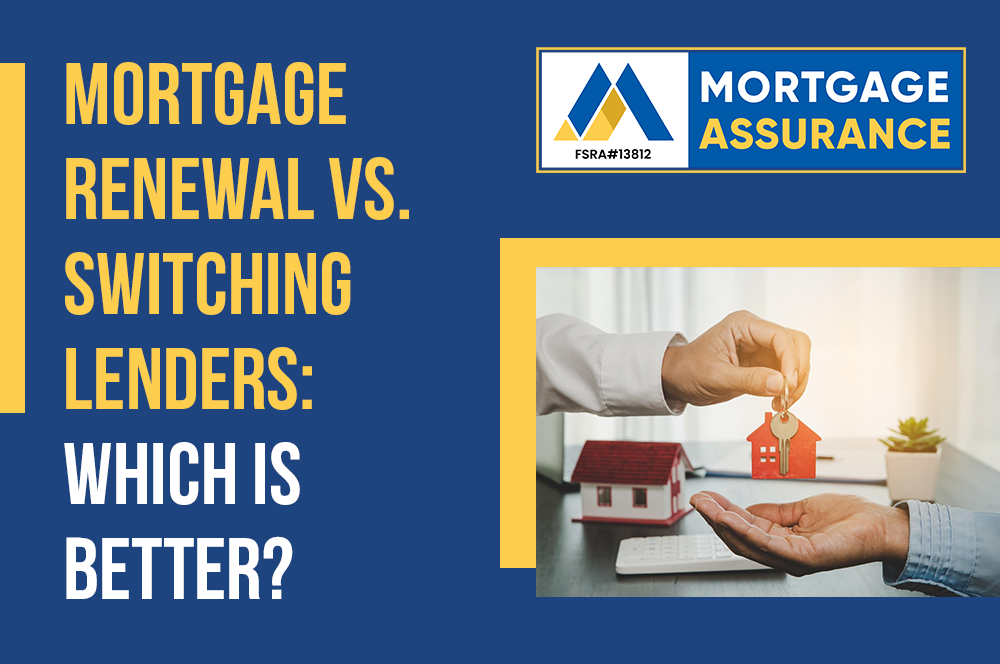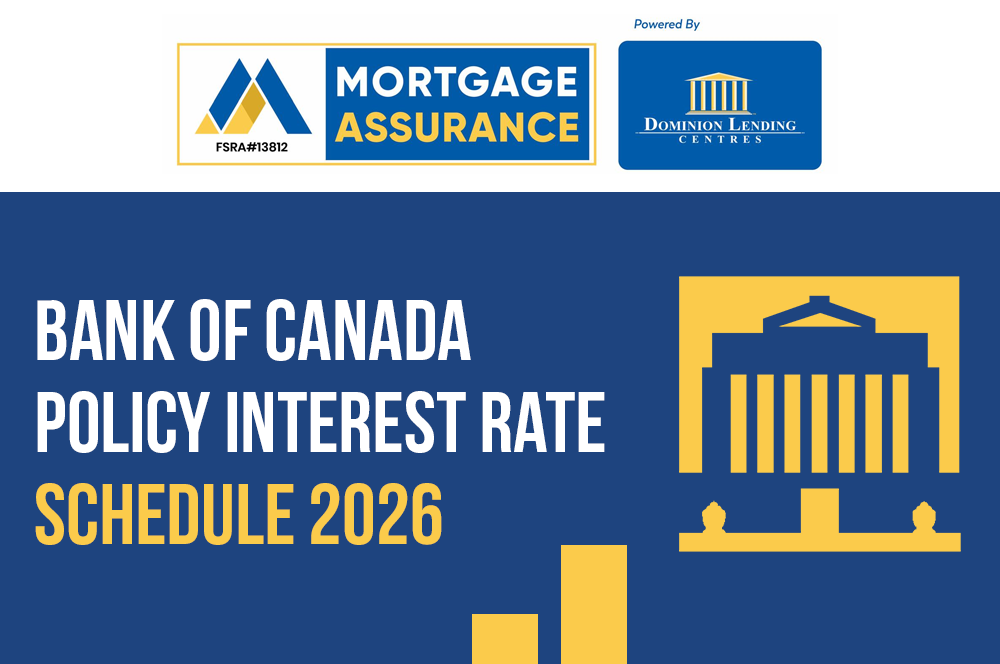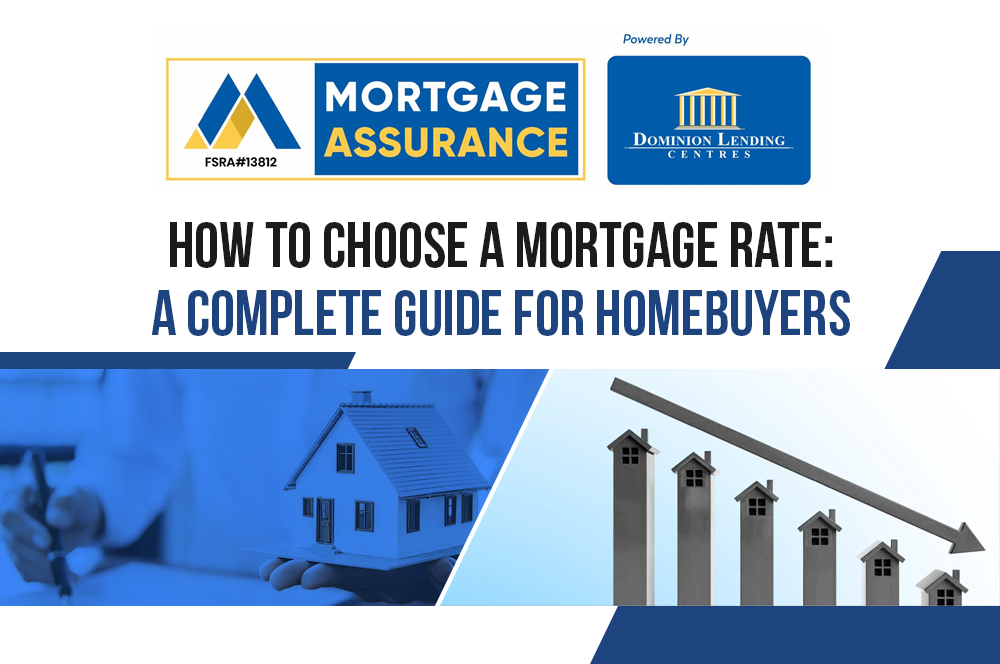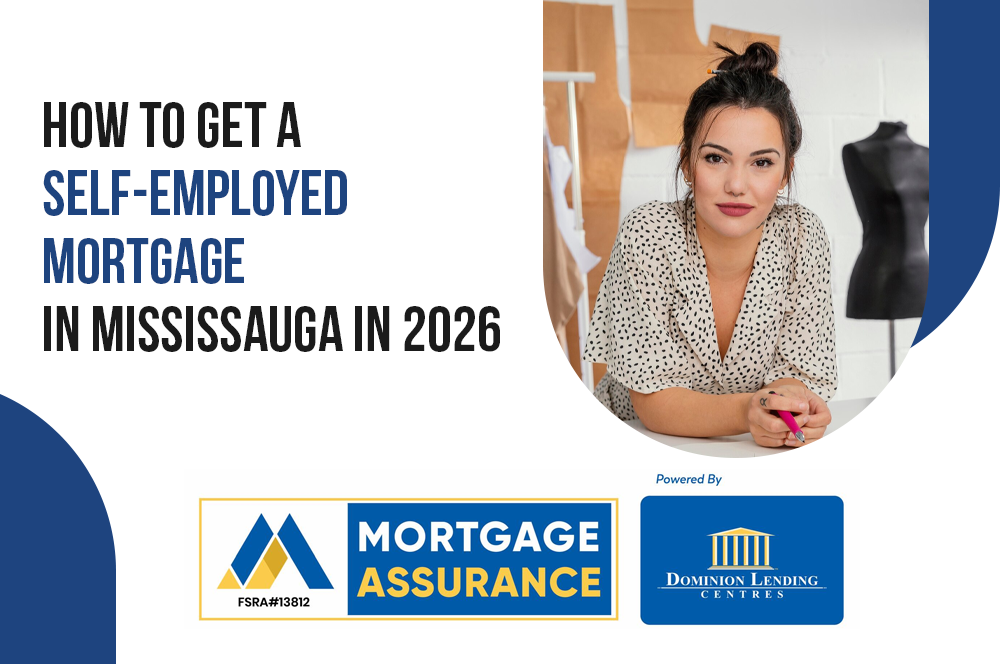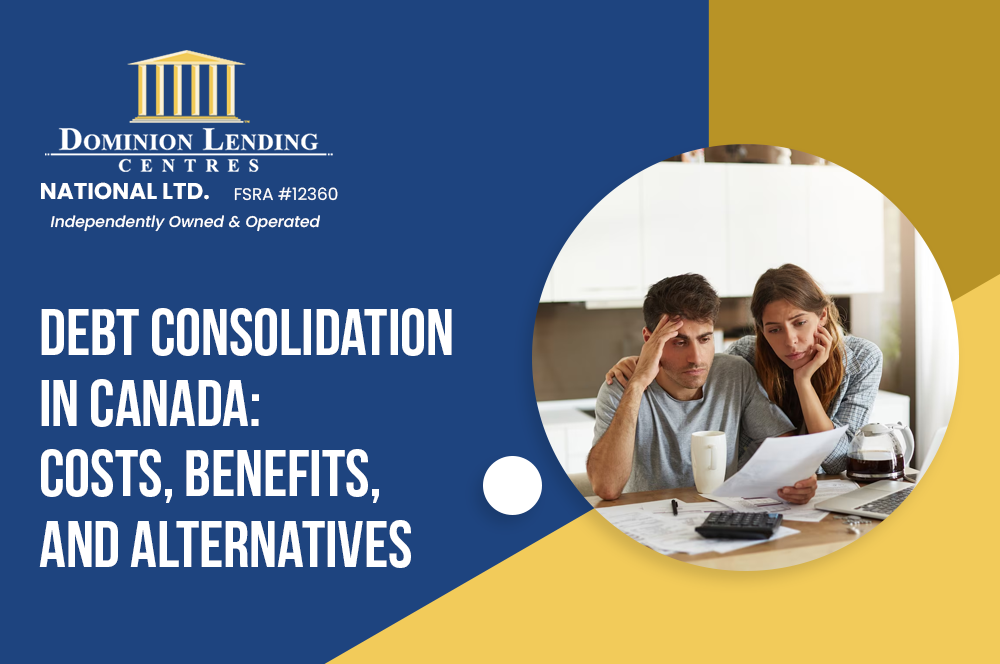Starting a new life in Canada is filled with opportunities, and for many newcomers, purchasing a home is one of the most significant milestones. Among the many financial decisions you will face on this journey, one stands out: choosing between a fixed-rate mortgage and a variable-rate mortgage.
Both options are widely available across Canada, but the choice depends on your financial situation, comfort with risk, and long-term goals. For newcomers, understanding these mortgage types is essential to making an informed decision that supports financial stability and homeownership dreams.
Why Choosing the Right Mortgage Matters for Newcomers
The Canadian mortgage system might feel unfamiliar to newcomers. Unlike in some countries, where lending rules are more flexible, Canadian lenders carefully evaluate income stability, credit history, and residency status. In addition to these factors, deciding whether to lock into a fixed interest rate or opt for a variable one can significantly impact your monthly payments and overall financial health.
For example:
- A newcomer with a stable job and family may prefer predictable payments, making a fixed mortgage ideal.
- A newcomer comfortable with financial fluctuations and looking to save in a falling-rate environment might consider a variable mortgage.
The key is to understand what each option offers and how it aligns with your personal financial journey in Canada.
What Is a Fixed-Rate Mortgage?
A fixed-rate mortgage means the interest rate stays the same for the entire mortgage term. Whether you choose a 1-year, 3-year, or 5-year term, your monthly payments remain consistent.
Benefits of Fixed Mortgages
- Stability and Predictability: You know exactly what you’ll pay every month, making budgeting easier.
- Protection Against Rising Rates: If interest rates go up, your payments won’t change.
- Peace of Mind for Newcomers: As you adjust to life in Canada, financial consistency helps reduce stress.
Drawbacks of Fixed Mortgages
- Slightly Higher Rates: Fixed rates are usually higher than variable rates at the start.
- Costly Penalties: Breaking a fixed mortgage before the term ends can lead to significant penalties, often calculated as an interest rate differential (IRD).
For newcomers who value security and want to avoid surprises, fixed mortgages are often the preferred choice.
What Is a Variable-Rate Mortgage?
A variable-rate mortgage has an interest rate that fluctuates with the lender’s prime rate, which is tied to the Bank of Canada’s overnight rate.
How It Works
- Your monthly payment may remain the same, but the portion applied to principal vs. interest changes.
- If interest rates fall, you pay off your mortgage faster.
- If interest rates rise, more of your payment goes toward interest, and you build equity more slowly.
Benefits of Variable Mortgages
- Lower Initial Rates: Variable mortgages usually start with lower rates than fixed ones.
- Potential to Save Money: If interest rates decrease, you benefit immediately.
- Easier to Break: Penalties for breaking a variable mortgage are usually limited to three months’ interest, making it more flexible.
Drawbacks of Variable Mortgages
- Uncertainty: Payments may increase if rates rise, which can be stressful for newcomers.
- Budgeting Challenges: Income planning becomes harder if your expenses change unexpectedly.
Variable mortgages work best for borrowers who are financially flexible and comfortable with some level of risk.
Hybrid Mortgages: A Balanced Option
For newcomers who want a mix of stability and flexibility, some lenders offer hybrid mortgages. These combine both fixed and variable portions within a single mortgage.
For example:
- 50% of your mortgage could be fixed, giving you predictable payments.
- 50% could be variable, allowing you to benefit from lower rates when the market is favorable.
This option appeals to newcomers who are cautious but still want to take advantage of potential savings.
What Newcomers Should Consider Before Choosing
When deciding between fixed and variable mortgages, newcomers should carefully evaluate the following factors:
- Income Stability
- If you have just started working in Canada or are on a temporary contract, a fixed mortgage may be safer.
- If you are financially flexible and expect your income to grow, a variable could be an option.
- Risk Tolerance
- Do you prefer certainty and predictability? Choose fixed.
- Are you comfortable with fluctuations and willing to take a chance on lower costs? Variables may suit you.
- Canadian Economic Conditions
- The Bank of Canada’s decisions directly affect variable rates.
- Bond markets influence fixed rates and tend to move more slowly.
- Length of Stay in Canada
- If you plan to stay in your home for the long term, a fixed mortgage provides peace of mind.
- If you may move or sell within a few years, a variable mortgage with lower penalties could save you money.
Government and Lender Support for Newcomers
Canada offers several programs to make homeownership more accessible for newcomers, regardless of whether they choose fixed or variable mortgages.
CMHC Newcomer Program
The Canada Mortgage and Housing Corporation (CMHC) offers a program designed to help newcomers with limited credit history qualify for mortgages. It accepts alternative credit sources such as rent and utility payments.
Home Buyers’ Plan (HBP)
If you have a Registered Retirement Savings Plan (RRSP), you can withdraw up to $35,000 tax-free to use as a down payment on your first home.
RBC Newcomer Advantage Program
Major banks like RBC provide programs tailored to new Canadians, offering mortgages without requiring a long Canadian credit history and providing specialized advice.
Documentation Required for Newcomers
Regardless of the mortgage type you choose, you’ll need to provide documentation. Common requirements include:
- Proof of Income and employment, including pay stubs, employer letters, or CRA assessments (if self-employed).
- Credit History (Canadian or foreign credit reports, or alternative credit data such as rent and utility bills).
- Residency Documents (Permanent Resident Card, work permit, or study permit).
- Identification and Savings Statements (government-issued ID, bank statements showing your down payment funds).
Preparing these documents in advance can make the mortgage approval process much smoother.
Tips to Improve Your Mortgage Approval Chances
Newcomers often face challenges due to limited Canadian credit history, but these steps can help improve your approval odds:
- Build Credit Early
- Apply for a secured credit card.
- Pay bills on time to establish a positive record.
- Save for a Larger Down Payment
- The more you put down, the better your approval chances.
- Consider programs like the HBP to boost your down payment.
- Consider a Co-Signer
- Having a family member or friend with strong credit co-sign can strengthen your application.
- Work with Mortgage Brokers
- Brokers have access to multiple lenders and can find programs specifically for newcomers.
Choosing Between Banks, Credit Unions, and Brokers
Newcomers often wonder whether to go directly to a bank, a credit union, or a mortgage broker.
- Banks: Offer stability and competitive rates, but may have strict lending requirements.
- Credit Unions: Provide personalized service and may be more flexible with newcomers.
- Mortgage Brokers: Act as intermediaries, shopping around for the best terms tailored to your situation.
For most newcomers, mortgage brokers are especially valuable because they understand the newcomer mortgage landscape and can simplify the process.
Final Thoughts
Mortgage brokers play a crucial role in simplifying the home-buying journey for new Canadians. They have access to multiple lenders, understand the unique challenges newcomers face, and can recommend programs designed specifically for those without extensive Canadian credit history. From gathering the right paperwork to explaining mortgage terms in plain language, brokers help ensure that each step feels manageable and transparent.
For newcomers, securing a mortgage is not just about financing a property—it’s about building a foundation for a new life in Canada. With options like fixed and variable mortgages, government-backed programs, and specialized newcomer solutions, the path to homeownership is more accessible than ever. By working with experienced brokers, saving diligently for a down payment, and steadily building credit, new Canadians can confidently take the next step toward achieving their dream of owning a home.

